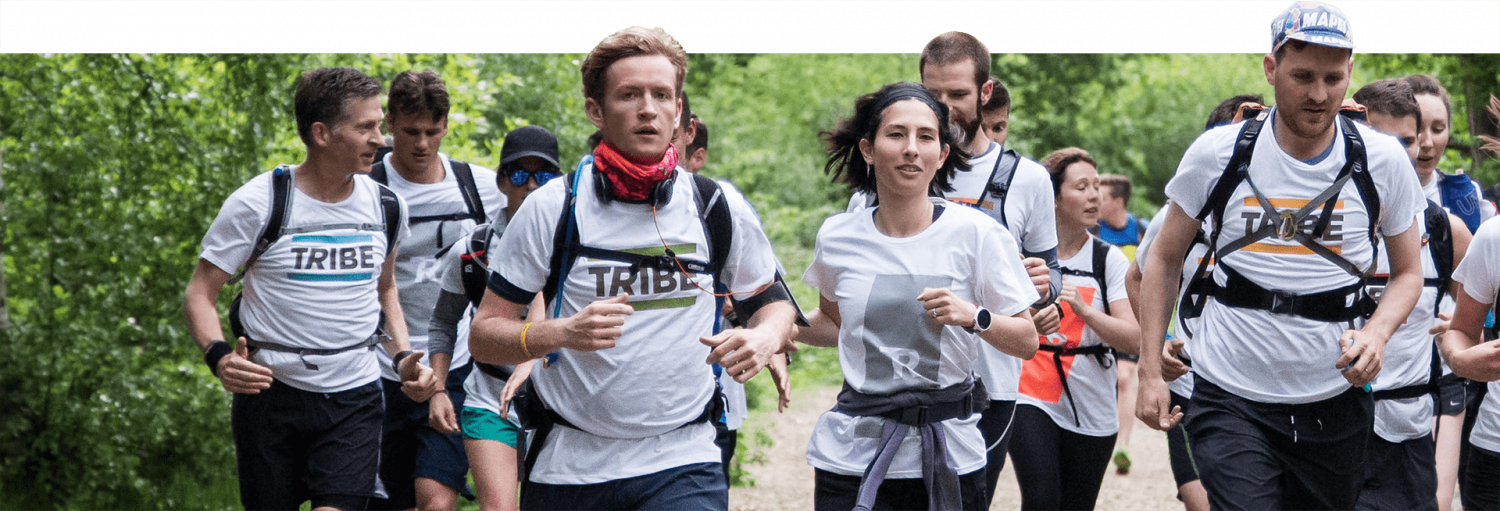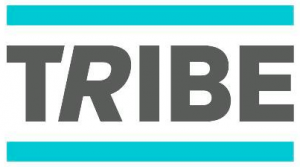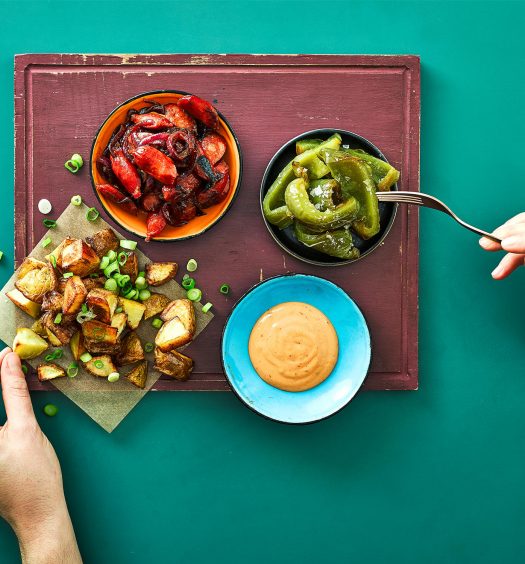Natural sports nutrition – Delivered
Better nutrition choices can turn an athlete from a good to a GREAT one. It’s vital you support your training with the right food.
What is the TRIBE Pack?
The TRIBE Pack is a subscription pack of six 100% natural sports nutrition products delivered to your door. Packs are sent on a weekly, fortnightly or monthly basis. You can amend, pause or cancel your order at any time. TRIBE Packs are personally curated for you to support your personal training needs. They are designed to provide energy and enhance recovery to ensure you get the most out of your training. You can subscribe here.
When it comes to eating well nothing is more nutritionally dense than whole natural sources of food. By sticking to eating foods in their least processed, refined or adulterated forms you can be consciously aware of taking in the best sources of nutrition available and avoiding any unnecessary chemical or sugary additives.
Our bodies work off two types of energy delivery system: “anaerobic” for short bursts, and “aerobic” for sustained activity such as running or cycling. Both have their own needs from a nutritional perspective, such as supporting muscular recovery during anaerobic bursts and optimising cardiovascular & respiratory systems for aerobic. For sustained exercise such as running, we generate most of our energy from glucose, which in turn mostly comes from carbohydrate sources in our diet. During physical activity the body will use this glucose and its storage form, glycogen, to give readily available fuel. As the body only stores enough glycogen for around 90 minutes worth of sustained exercise, any intense physical activity over this time requires more “fuel in the tank”. Every athlete is different, but as a general rule look to consume 20g – 60g of carbohydrate per hour after the first 90 minutes of exercise, towards the higher end if you are higher in body mass. Most importantly make sure you are taking in carbohydrate at regular 20-30 minute intervals thereafter. Intake needs to be steady and consistent to ensure a readily available supply of glucose that will keep glycogen levels replenished and support the nervous system. For optimum sustained energy include plenty of slow release food sources that come from vegetables and whole grains as opposed to the white refined carbohydrates that will result in a quick peak and crash effect.
Protein essentially supports recovery and regeneration, ideally refuelling within 30 mins-1 hour after finishing physical activity. It’s crucial to provide your body with adequate protein to avoid a damaging catabolic process of the muscles, rather than the desired repair and growth cycle. Good quality protein sources can include oily fish (the smellier the better!) organic grass fed meats (in moderation), free range eggs, and vegetarian sources such as GMO-free tofu, nuts and seeds. Protein powders can be a quick way to replenish: rice and hemp proteins both provide a complete amino acid profile. To work out your rough daily quota of overall protein calculate 0.8g of protein per kg of body weight. During more intense exercise such as training for a competition it may be advisable to increase this amount. Post run a good ratio to aim for is 2:1 – 4:1 carbohydrate to protein to optimise recovery. This roughly equates to 10-25g protein as a general rule of thumb so to give you an idea food wise this could be two free range eggs, a 80-100g serving of salmon or a Tribe 10 Recovery Bar.
These calorie-dense nutrients take longer to convert to glucose than carbohydrate but the benefits of these good fats are most notable post exercise as they also help with repair and reducing inflammation. You will find these in abundance in foods such as nuts, seeds, coconut butter, avocado, cold pressed oils including olive oil, and butter as well as oily fish, flax and chia seeds. There is research to suggest that very long distance running can benefit from taking in fats for fuel as with these longer events you can get more of your kcal needs from fats since they tend to be higher. This wouldn’t work for shorter distances though as the body will primarily need carbohydrate for energy to power the muscles.
During intense physical activity vitamins & minerals will be readily depleted so it’s important to make sure that there are plenty of energy-yielding nutrients included in the diet. These include magnesium, iron, zinc, vitamin C and the full B vitamin spectrum. These nutrients all play fundamental roles in metabolic pathways that generate energy such as enzymatic reactions, generating ATP (the body’s energy storage molecule) and for the uptake of nutrients. Magnesium in particular is essential for muscular processes and it is one of the most important cofactors in the metabolism of food for energy. Many of these nutrients you can find in foods such as nuts & seeds, all of the leafy greens (spinach, broccoli, kale), peppers (all varieties including chilli), dark berries, organic grass fed meats and grains such as buckwheat and oats.




